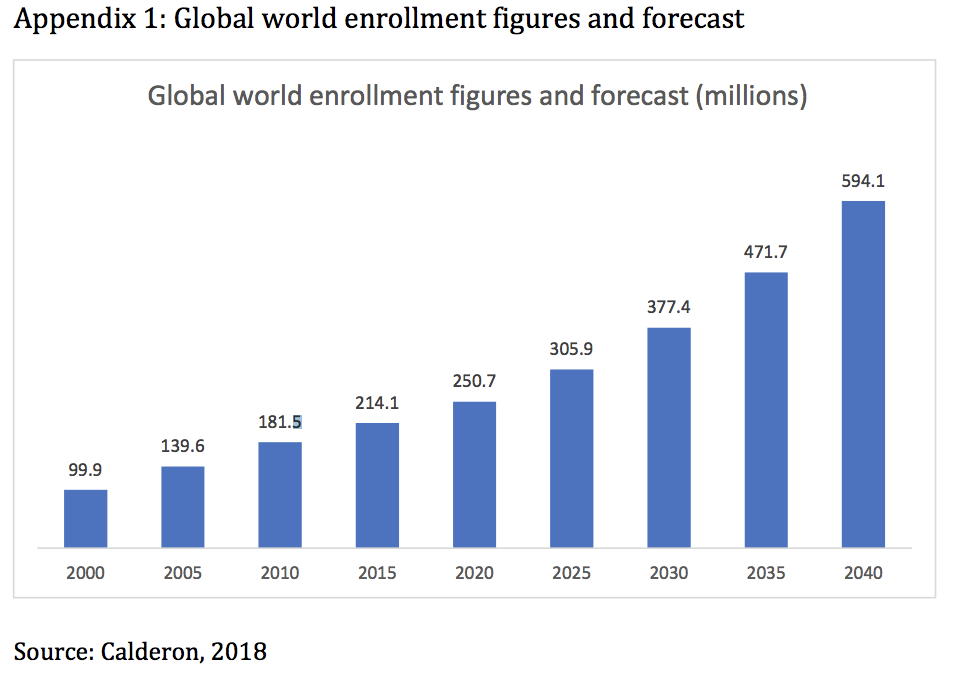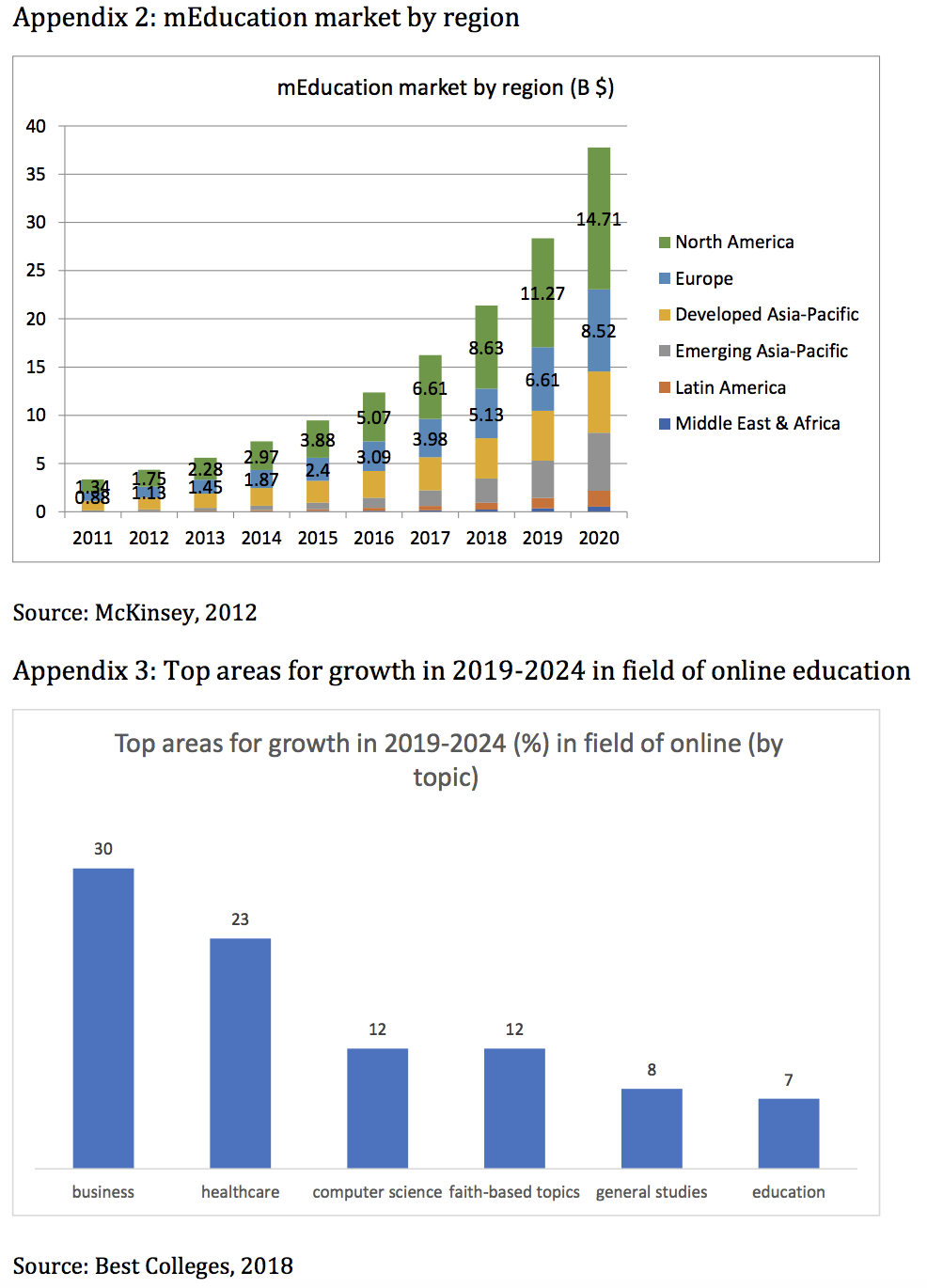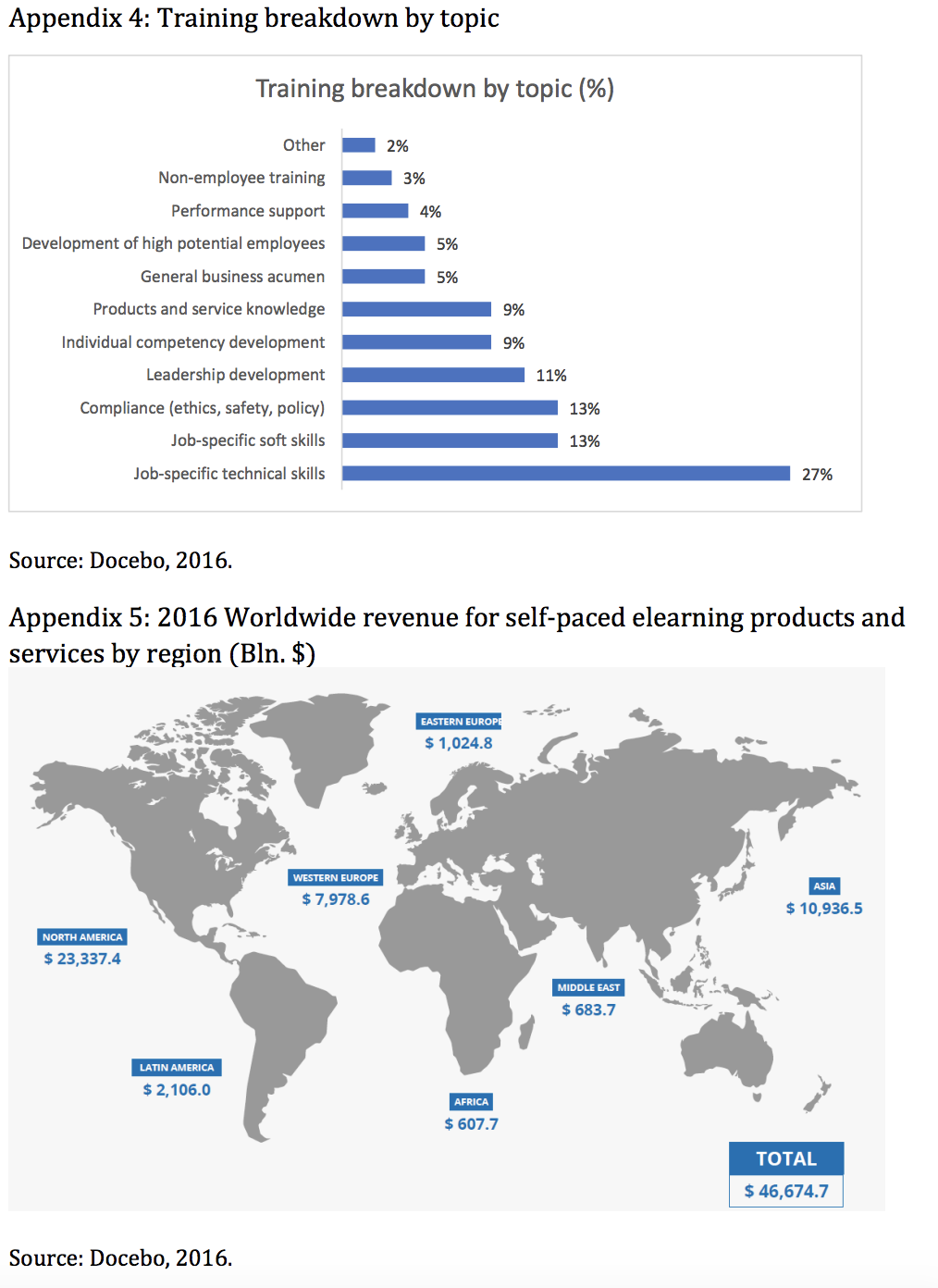In contemporary attitudes of new digital technology role in education there is a domination of technological determinism, in other words – the belief that new technologies of education and learning are able to solve all main problems of the education in the contemporary world such as poverty, limited access to the education, huge inequalities. Actually we are facing the challenge to add some human dimension into such beliefs and humanize the technology in order to understand more complex nature of the digital education and implement more sustainable policies contributing to the protection of diversity, public good character of the education, its cultural role etc.
Challenge
Main hopes of the digitalization of the education in new era has been based on a set of social drivers which pushed the education toward mediatization. By mediatization we mean the technological reproduction (and replacement) of the basic generally face-to-face relation between student and teacher in any education. Such reproduction could be the distance video learning, online platform which automated quiz etc. This is a part of the larger process by which media have interwoven with other social changes (Hepp, 2013).
Digital technologies based on video online accessibility together with social media algorithms made possible the massification of learning which created some positive expected outcomes which we shell call “ techno-deterministic hopes”. Such hopes are first of all related with the massification of the education. Since there is a huge growth in global enrollment (see app. 1), digital technologies based on providing online access of few hundred thousand students to one professor was considered as a path to enhance the access to the education (Aoki, 2013) and especially by virtue of the mobile phone-based education (see app. 2).
Higher demand for combination of different skills, especially soft skills (not related with concrete occupation or industry), made the education more variative and more dependent from the individual choice of the student. Thus, the interactivity of the digital environment seemed to be the perfect way to organize and vary individual trajectories of the education especially in art rather than on science (Hill, 2016). Such decomposition of the education on different pieces (which is called learnification) provided more space for creating platforms performing such online choice. Such decomposition of the education shifts the concept of the “degree” into a modular object “connected with bricks and mortar”, as it was said by the M.I.T. president Rafael Reif (Friedman, 2013). Thus, the education evolve toward progressive “learning” of courses one by one inside the single degree and not the whole object (Van Dijk, Poell, 2015).
The digitization of the education mainly through large public courses (so called MOOCs) matches perfectly the ambitions of the universities to be global players, to compete between them for the best students from all over the world.
Universities started to separate over different segments. Some of them pretended to raise global students and develop towards global competitiveness. Digital platforms contributed to the globalization of the science as it is by making accessible texts and inventions of different scholars.
Persistent economic and social inequalities also created the illusion that digital access to the world best education can resolve the problem of developing countries. According to Thomas Friedman from New York Times:
Nothing has more potential to lift more people out of poverty — by providing them an affordable education to get a job or improve in the job they have. Nothing has more potential to unlock a billion more brains to solve the world’s biggest problems. And nothing has more potential to enable us to reimagine higher education than the massive open online course, or MOOC (Friedman, 2013)
Finally the development of big data technologies drives the digital assessment in academia both for students but also for teachers. Academics are more and more dependent from assessment of bibliometric powerful tools based on calculation of citations and publications. Digital bibliometrics platforms (such as Scopus, Web of Sciences) allow to assess the scholars, to compare their productivity using the global ranking systems.
All aforementioned hopes based on belief that digital technologies are able to solve any problem of the modern education of course should be balanced by some risks. The digitization as the resolving of the problem of the massification of education generates the risks for the quality of education. Firstly because any massification means some degree of decline in quality. Especially in social and human sciences where the assessment of knowledge couldn’t be based solely on automatic calculation and tests. The central element of the digital mass education is the industrialization of the system of assessment, in other words – the ability to make it automatic and more or less independent from the assessing labor of the professor. That could be ensured only by the tests or system of peer-assessment. In social and human sciences such methods of assessment are less privileged than other oriented toward critical thinking development. From this point of view learning outcomes in digital education cannot be always ensured (Popenici, 2016).
“Learnification” of the education divide the education on relatively little separately sold pieces while the education’s outcomes are competences representing not the sum of the isolated items. Vice-versa, the learnification represents the progressive move toward commercialization of the education, the division of degree on separately sold items. Such commercialization questions the function of the education as a public good while seemingly the first objective of the MOOCs platforms is the revenues. The revenue of Coursera in 2018 was estimated 140 M euros and the platform is among “Forbes’ list of Next Billion-Dollar Startups” (Adams, 2018).
The commercialization of online education seems to follow the model of Uber which the business-model is based on the model of the mutual client-service assessment and rating as well as sell of the data about users with the difference that education is not a classic good where the quality can be directly assessed by the client (Van Dijk, Poell, 2015).
Using of digital technologies and platforms to combine different skills distort the borders between disciplines and creates some discipline groups often without any concrete educational outcome. We can see that only some particular disciplines demonstrate the growth in number of courses as well as enrollment (see app. 3 and app. 4). For John Hennessy, the Stanford’s president, mass open online courses for example shouldn’t be regarded as a real replacement for the classic courses in all academic fields but are more likely as the platform for the convergence of academic knowledge with the public (Popenici, 2016).
Usage of digital platforms in order to globalize the education contradicts the reality where as we can see each market, management skills etc are profoundly rooted into the cultural context of the particular country. American corporation has absolutely different values and organizational principles than Japanese one. In such situation globalization of the education distorts the cultural peculiarities and adoption of the education to the local cultural context. Moreover as we can observe especially in Europe the education still is not considered as entirely private good and its public orientation pushes it to the protection of local cultural norms and beliefs as well as rejection of some purely commercial principles and services. We can refer to the creation of the alternative online learning providers (LERU and OpenupEd) associating different public universities against “freemium” business model of commercial platforms such as EdX, Coursera etc (Van Dijk, Poell, 2015).
The enhancement of the digital accessibility of the higher education for poorer in reality didn’t made such poorer people more powerful and didn’t driven the raise of the national educational systems in poorer countries. On the contrary we can see that the most prominent players in this field are the leading worldwide universities and most active students are also residing in developed countries (Popenici, 2016). Main revenues from online education are acquired by the North America (see App. 5).
Finally the usage of the big data for the assessment oversimplified the representation about the quality of the teacher’s work (it should be well rated by the students and well indexed in databases of publications) which transforms the University into the set of bilateral exchanges of “likes” between teachers and students (just like an Uber in field of taxi). Similarly digital bibliometrics creates the temptation from the universities administration to measure the academic productivity only on the basis of such quantitative parameters and reject the common principle of the academic evaluation (only holders of permanent contract could hire the tenure-track). That implements the managerial system of KPI and some other managerial principles inside the academia which demystifying the academic’s profession (Nkomo, 2009). Moreover, the citations in a great number of disciplines could not be considered as the unique criterion of productivity and relying on it could distort the whole system of evaluation of performance in such disciplines. Some alliances of scholars has been created to protest against bibliometrics. The most notable is the so called Leiden Manifesto (Hicks et al., 2015).
Proposal
G20 as expert platform to examine quality in digital education and propose the formats
• G20 should become a think tank to moderate the analytic work integrating different disciplines in order to elaborate the new principles of quality of education in digital environment
• The result of the think tank work could be a regular white paper of guidance for educational institutions and workshops integrating proposals from different disciplines
• One of the major outcomes for the expertise could be a map of skills specifying which of them could be formed by the means of online learning and which cannot be realized in entirely automated manner.
G20 as coordinating platform for sustainable development of the sector
• G20 could become a platform to moderate the global mainly commercially driven challenge of the online education and local policies of the education mainly oriented toward development of local cultures, national identity and providing of the public goods
• For such task G20 can implement the strategy of forum where interests of the Universities (public as well as private), global online education platforms, national policymakers and global industries could be negotiated and become a part of globally implemented solutions to solve the conflict between private commercial-driven interests and the public good.
• G20 could use the expertise in order to create sustainable models of the academic assessments (and assessment of the academic work) used by the national policies
• As a result of the platform activity could be a set of principles or recommendations set up by the Forum
G20 as supporting institution
• G20 could implement strategies in order to use digital technologies to improve the education in developing countries which will contribute to the solving of the problem of inequality of the access to the education for poor people
• G20 could connect donations providers and online educational platforms in order to supervise the openness of the access
References
• Adams, S. (2018)/ This Company Could Be Your Next Teacher: Coursera Plots A Massive Future For Online Education. Forbes, 16 oct. 2018, available online: https://www.forbes.com/sites/susanadams/2018/10/16/this-companycould-be-your-next-teacher-coursera-plots-a-massive-future-for-onlineeducation/#56714ea52a39
• Aoki, K. (2013) Paradoxes between Personalisation and Massification. In: 2013 Proceedings of the International Conference on the Future of Education, 3rd edition, 2013, available online: https://conference.pixelonline.net/conferences/foe2013/common/download/Paper_pdf/197- ENT14-FP-Aoki-FOE2013.pdf
• Best Colleges (2018) 2018 Online Education Trends Report, Seattle: Best Colleges, accessible online: https://www.bestcolleges.com/about-us/
• Calderon, A. (2018) Massification of higher education revisited, Melbourne: RMIT University.
• Docebo (2016) Elearning market trends and forecast 2017-2021, Toronto: Docebo, 2016.
• Friedman, T. (2013) Revolution Hits the Universities. New York Times, 26.01.2013, available online: https://www.nytimes.com/2013/01/27/opinion/sunday/friedmanrevolution-hits-the-universities.html
• Hepp, A. (2013) Cultures of Mediatization. London: Wiley.
• Hicks, D., Wouters, P., Waltman, L., de Rijcke, S. & Rafols, I. (2015) Bibliometrics: The Leiden Manifesto for research metrics. Nature, 520 (7548), available online: https://www.nature.com/news/bibliometrics-the-leidenmanifesto-for-research-metrics-1.17351
• Hill, V. (2016). Digital citizens as writers: New literacies and new responsibilities. Handbook of research on writing and composing in the age of MOOCs (pp. 56-74) doi:10.4018/978-1-5225-1718-4.ch004
• Nkomo S.M. (2009) The seductive power of academic journal rankings: challenges of searching for the otherwise, Academy of Management Learning & Education, vol. 8, no. 1, pp. 106-112.
• Popenici, S. (2016). Deceptive promises: The meaning of MOOCs-hype for higher education. Blended learning: Concepts, methodologies, tools, and applications (pp. 691-701) doi:10.4018/978-1-5225-0783-3.ch034
• McKinsey report (2012) Transforming learning through mEducation, Mumbai: McKinsey, available online: https://www.mckinsey.com/~/media/mckinsey/industries/social%20secto r/our%20insights/transforming%20learning%20through%20meducation/tr ansforming-learning-through-meducation-final.ashx
• van Dijck, J., & Poell, T. (2015). Higher education in a networked world: European responses to U.S. MOOCs. International Journal of Communication, 9(1), 2674-2692.
Appendix











